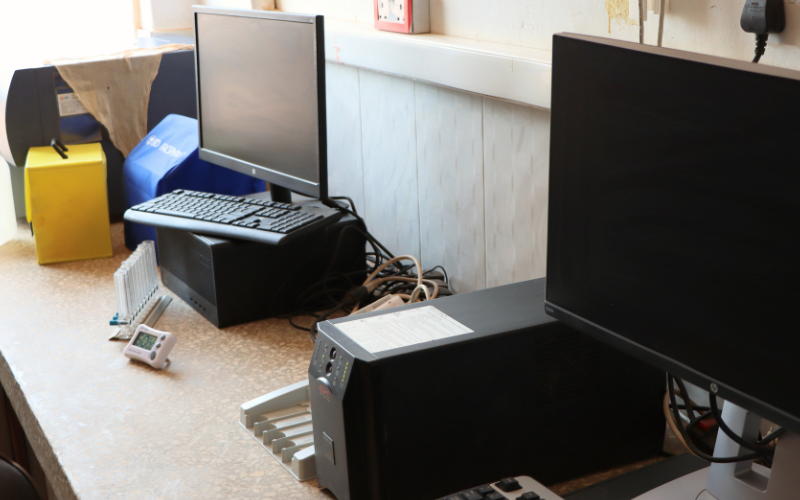In this article, Dr Sameena Kausar, a Consultant in Obstetrics & Gynaecology at Broomfield Hospital (part of Mid and South Essex NHS Foundation Trust), reflects on her involvement with the Saving Mothers at Delivery project in Myanmar and the significant impact she has achieved through her work with the Myanmar Health Partnership.
The Saving Mothers at Delivery project took place during 2024 and was run by Global Health Partnerships (formally THET). It aimed to reduce preventable harm to mothers and babies in Myanmar and improve maternity care outcomes across the region. An obstetrics and gynaecology team from across the East of England delivered virtual training in emergency obstetrics and newborn care to non-state, charitable and ethnic health facilities in Myanmar, with hands-on support provided by local mentors afterwards.
The project focused on several core objectives. Most important was the development of evidence-based, multi-professional training programmes that would give healthcare providers the skills needed to manage obstetric emergencies. The training programmes emphasised not only clinical expertise, but also the importance of human factors in reducing patient safety incidents. Participants were trained to handle emergencies using their own labour ward equipment, to make sure they were familiar with local resources and procedures.
The project also encouraged multi-professional collaboration by training all members of the maternity team together in emergency response techniques. This team-based approach made communication and coordination better, contributing to more effective care.
As the project lead, Dr Sameena Kausar played a crucial role. She made sure the project’s aims and objectives were aligned with established principles in obstetric emergencies, providing a structured and evidence-based approach. “It was an enriching experience and was extremely satisfying to be able to share my knowledge and skills with other parts of world,” explains Sameena.
The experience also built Sameena’s management and leadership skills. “Being the primary researcher and team leader required determination and resilience throughout the process. It became abundantly clear to me that setting out the goals and vision of the project from the outset and convincing stakeholders to believe in them was key to success,” she explains.
Sameena distributed leadership tasks and gave responsibility to participants to help generate better ideas for service improvement. She also applied the principles of collaborative governance from other areas of her clinical practice.
“I developed management skills such as meeting deadlines, accommodating external and uncontrolled forces, and adapting to environmental limitations—all of which proved challenging. Ensuring that tasks met the timeline required reviewing daily progress, holding frequent stakeholder meetings, adapting to challenges and improvising when necessary,” she adds.
To make sure the project was sustainable and accessible, Dr Kausar and her team developed comprehensive teaching materials and made them available through the Global Health Partnerships (formerly Tropical Health and Education Trust (THET)) online platform. This will enable the resources to be used more broadly and have a lasting impact on obstetric emergency training.
Find out more about the Myanmar Health Partnership that CGHP supports and the impact it is having in a country where accessing healthcare is still almost impossible for many.
Return to case studies

